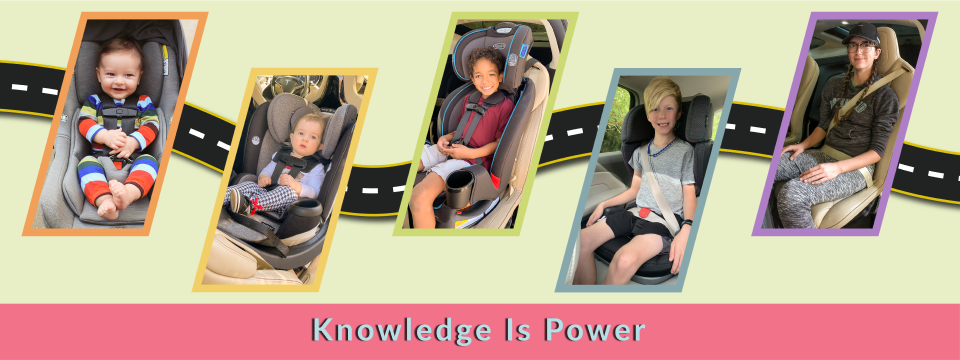Hundreds of thousands of children are involved in MVCs (Motor Vehicle Crashes) each year. The lucky ones, and the ones who are optimally restrained in an appropriate safety seat, may walk away with nothing more than bumps, bruises and a good scare. Depending on the circumstances, others may not be so lucky. But regardless of whether the child was injured or not, being involved in a crash can be a terrifying ordeal for children. As someone who has survived two bad crashes, I can attest to how terrifying it really is – even for an adult. Unfortunately, I also understand that the fear and terror of the event don’t always fade away when the bruises do. It’s so important for parents and caregivers to be on the lookout for signs of traumatic stress in the weeks (and even months) following a crash. A little anxiety, maybe a few nightmares and some generally clinginess after the accident is very common and should be expected. It’s also common (and understandable) for the child to be reluctant to get back in the car. However, since walking everywhere isn’t an option for most parents – this can be a real dilemma. We need to respect our children’s fears and emotions, and we certainly don’t want to traumatize them any further, but we also need them to get back in the car. For children who are non-verbal or have limited communication skills, it can be even trickier to address the underlying issues and calm their fears.
Since every child and every set of circumstances is different, no one can claim to have all the magic answers. However, this wonderful website AfterTheInjury.org from the Children’s Hospital of Philadelphia (CHOP) can provide much needed information and guidance to help children after a traumatic event or injury. It can also help parents to differentiate between typical, normal reactions and those that may be a red flag indicative of traumatic stress. I’m so pleased that this site exists now. I believe it’s an area that really needs more attention and parents need more and better ways to support their children in the emotional healing process after a crash.

Very helpful insights for parents who have a child with after crash experience.